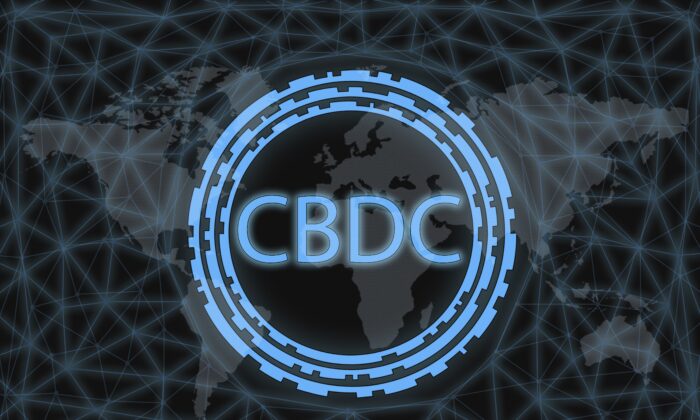“If the United States pursued a CBDC, there could be many possible benefits, such as facilitating efficient and low-cost transactions, fostering greater access to the financial system, boosting economic growth, and supporting the continued centrality of the United States within the international financial system,” said the White House Office of Science and Technology Policy detailing the technical framework possibilities for a U.S. CBDC.
Financial Freedom and Privacy
The public sentiment in the United States is in the majority against introducing a CBDC in the country, evidenced by over two‐thirds of the 2,052 comment letters written by concerned citizens to the Fed opposing its plans for a digital dollar. Based on CATO analysis, commenters were concerned about CBDCs posing “a substantial threat to financial privacy, financial freedom, and the very foundation of the banking system.”
As a CBDC gives “the federal government complete visibility into every financial transaction by establishing a direct link between the government and each citizen’s financial activity,” the project is a direct attack against basic privacies as protected by the U.S. Constitution.
Any buffer—currently provided by institutions like banks and payment services—between the average citizen’s financial activity and governmental intrusion would immediately cease to exist as “all financial data would be only a keystroke away.”
Such unrestrained access leads to the inevitable establishment of governmental control over such activities, and it could be “preemptive (prohibiting and limiting purchases), behavioral (spurring and curbing purchases), or punitive (freezing and seizing funds).”
For example, the government could limit purchases to “essential” goods during state-imposed lockdowns, impose gun control, or even freeze an individual’s ability to access their own money.
“Aside from the basic programmability that a CBDC would offer for social and political control, one of its most common features is the ability to pay both positive and negative interest rates to curb and spur purchases,” which is impossible with cash—one of the main reasons why CBDC proponents are calling for eliminating cash from the system.
Free Markets Endangerment and Cybersecurity
Federal Reserve vice chair Lael Brainard had said that if CBDCs were widely adopted, it would disrupt the entire banking system because people would make direct central bank deposits bypassing retail institutions.
Although Fed researchers claim CBDCs offer a “helpful competition to the banks,” CATO concludes that the most probable outcome will be people leaving traditional banks as “it is difficult (if not impossible) to compete with the government.”
In such a scenario, CBDCs will have a monopolistic hold over the market. CATO pointed out that this is one of the reasons why governments around the world have been keen on eliminating alternative payment avenues like cryptocurrencies.
Similar to crypto, a disadvantage of using CBDCs is that they are prone to cybersecurity breaches and malicious hacking. A centralized digital dollar makes a very “attractive target for cyberattacks by giving threat actors a prominent platform on which to focus their efforts.”




